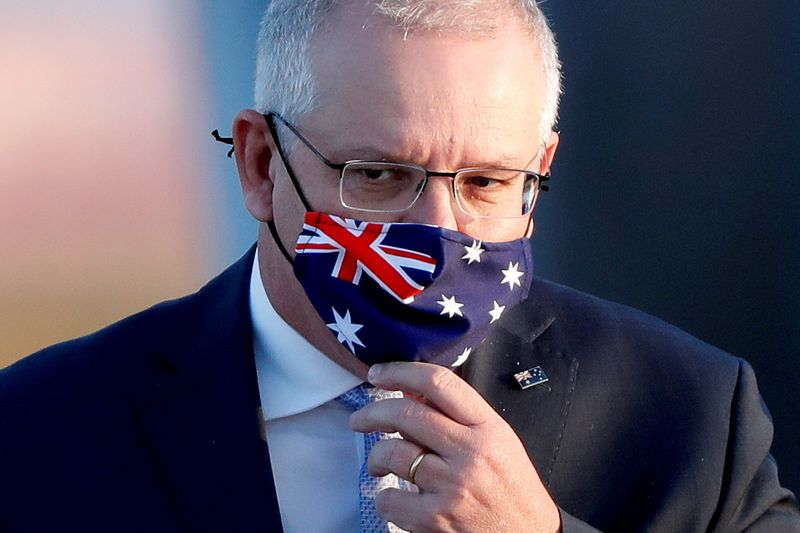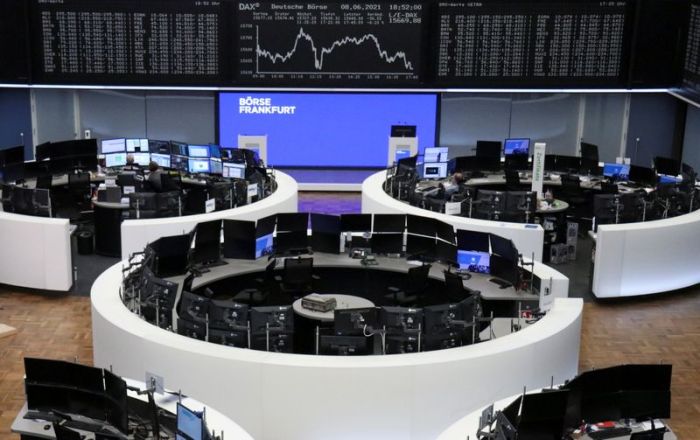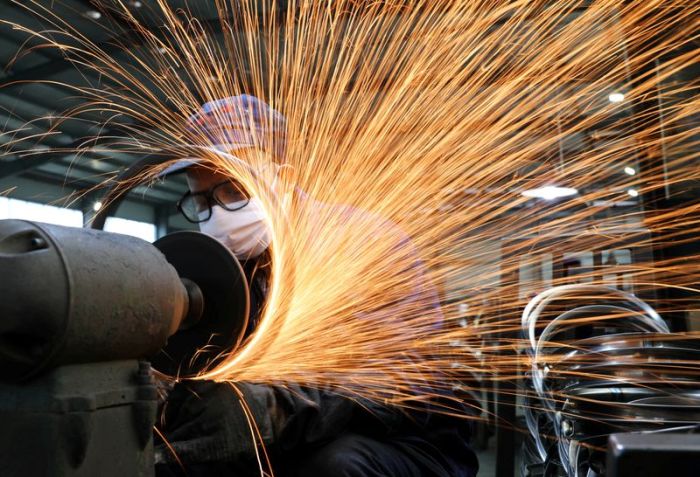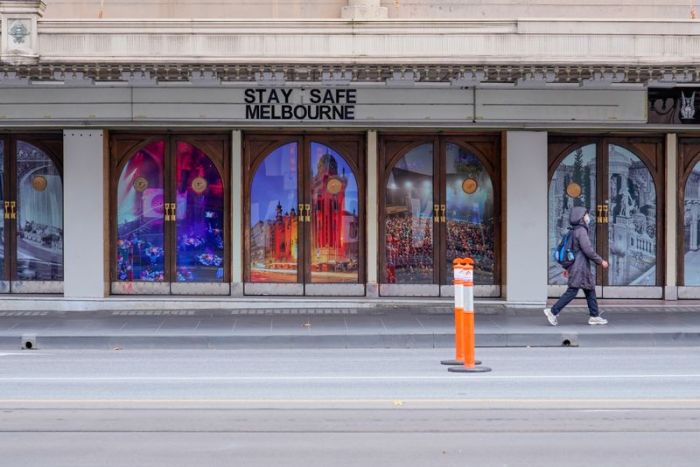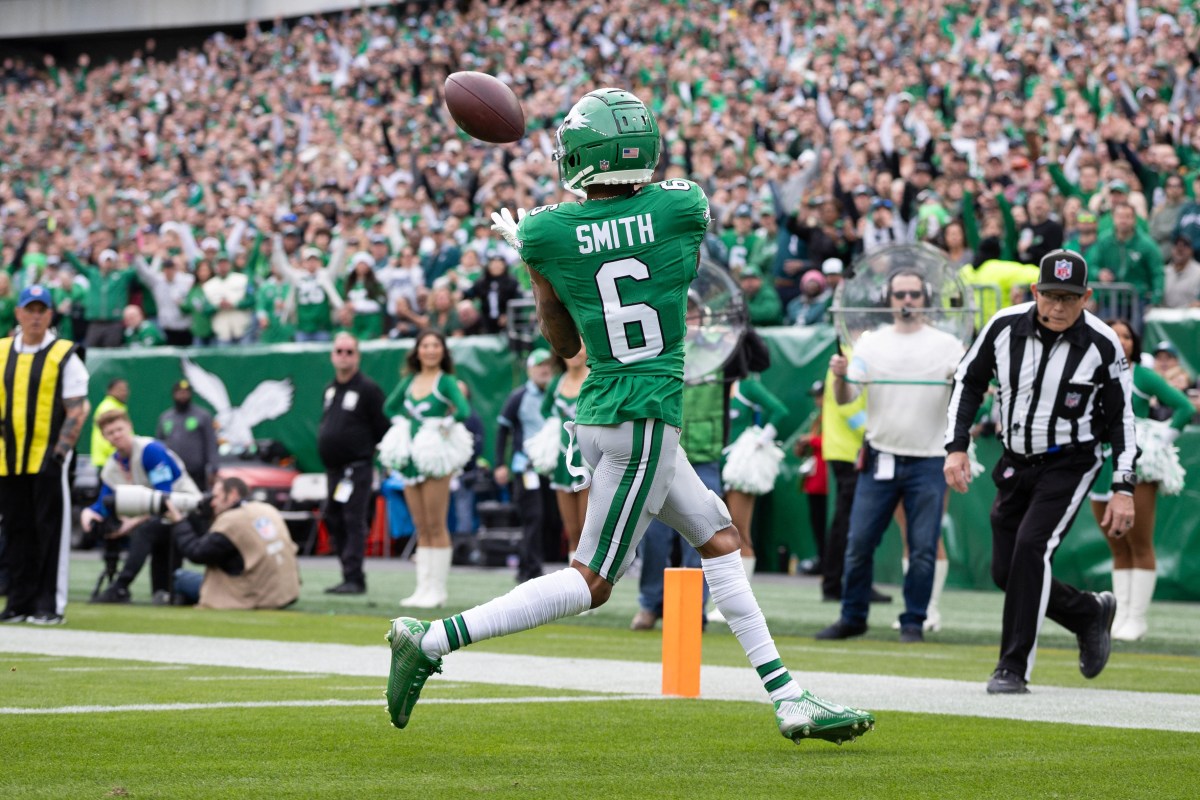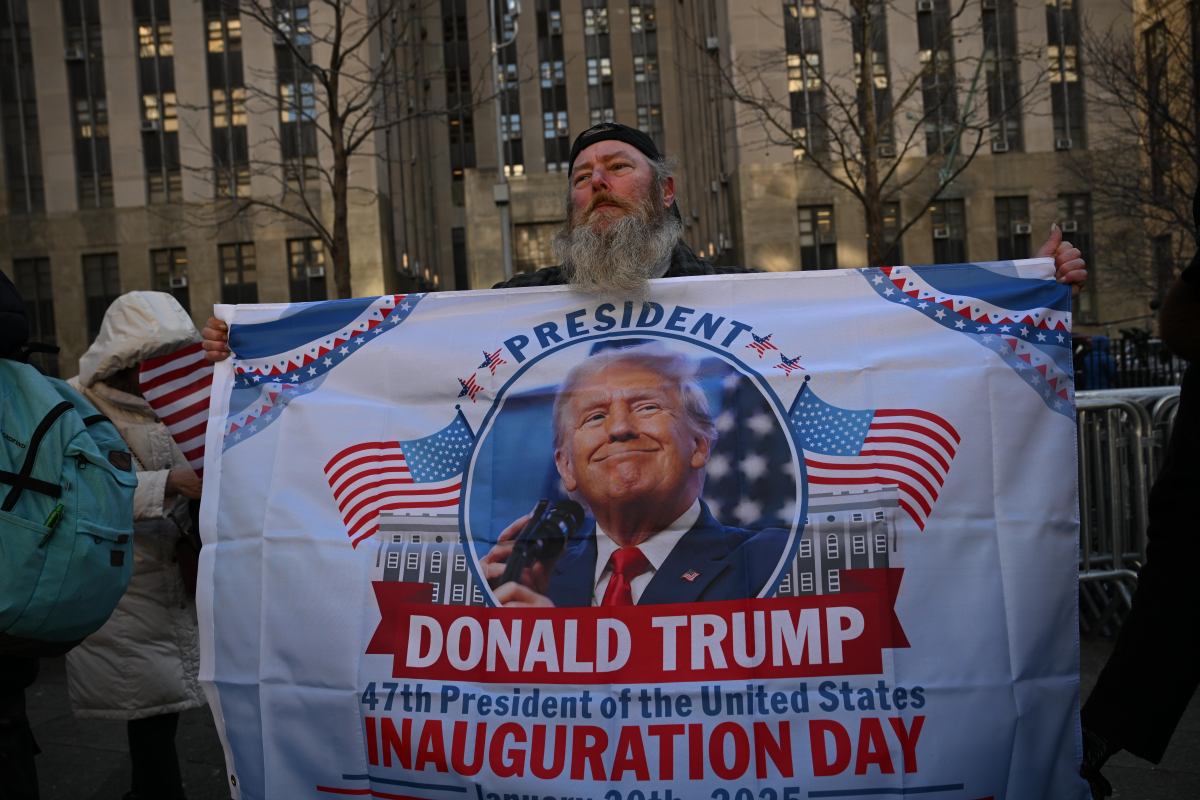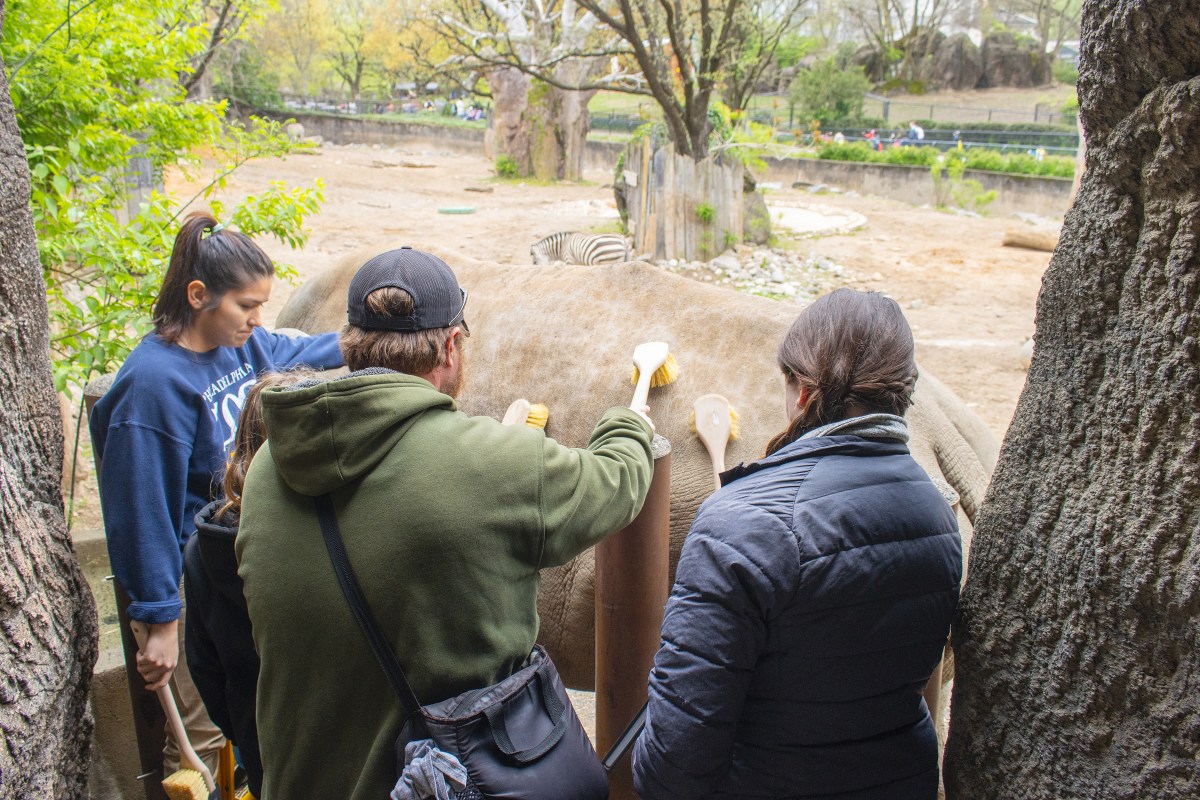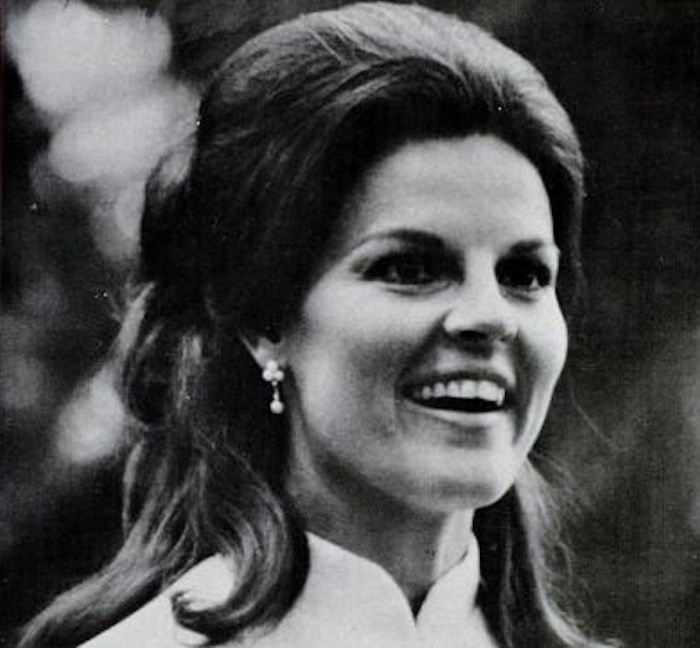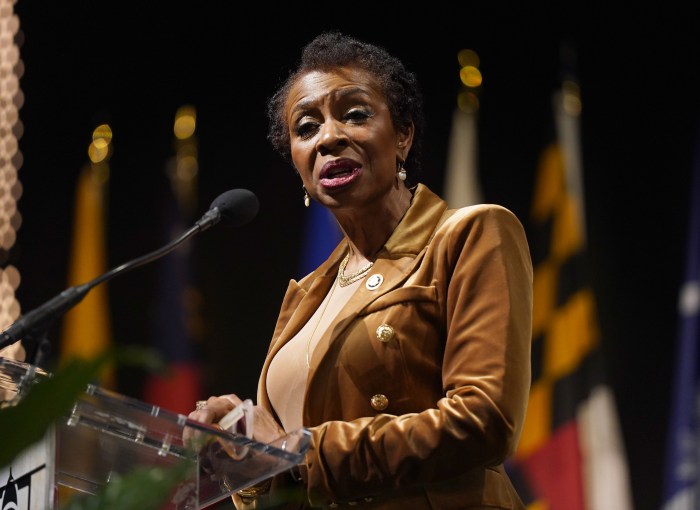CANBERRA (Reuters) -The World Trade Organization must have a binding dispute settlement system to address the growing use of “economic coercion”, Australia’s Prime Minister Scott Morrison said on Wednesday, as Canberra moves to win the support of G7 nations in its dispute with China.
Relations with China, already rocky after Australia banned Huawei from its nascent 5G broadband networking in 2018, cooled further after Canberra called this year for an independent investigation into the origins of the coronavirus pandemic, first reported in central China last year.
China responded by imposing tariffs on Australian commodities, including wine and barley and limited imports of Australian beef, coal and grapes, moves described by the United States as “economic coercion”.
Australia has said it will not bow to Chinese pressure and has launched an appeal to the WTO over China’s imposition of tariffs totalling more than 80% that has effectively stopped a billion-dollar trade in its tracks.
But with the appeal likely to take years, Morrison called on G7 countries to endorse reform of the WTO ahead its ministerial conference in November.
“The most practical way to address economic coercion is the restoration of the global trading body’s binding dispute settlement system,” Morrison said in a speech in Perth.
“Where there are no consequences for coercive behaviour, there is little incentive for restraint.”
Morrison said many world leaders have expressed support for Australia’s stance, but like-minded countries must now strengthen cooperation.
“There is a lot at stake, for Australia, for our region, and indeed for the world.”
(Reporting by Colin Packham; Editing by Bernadette Baum and Ana Nicolaci da Costa)

